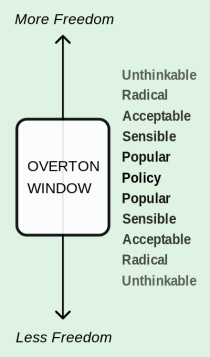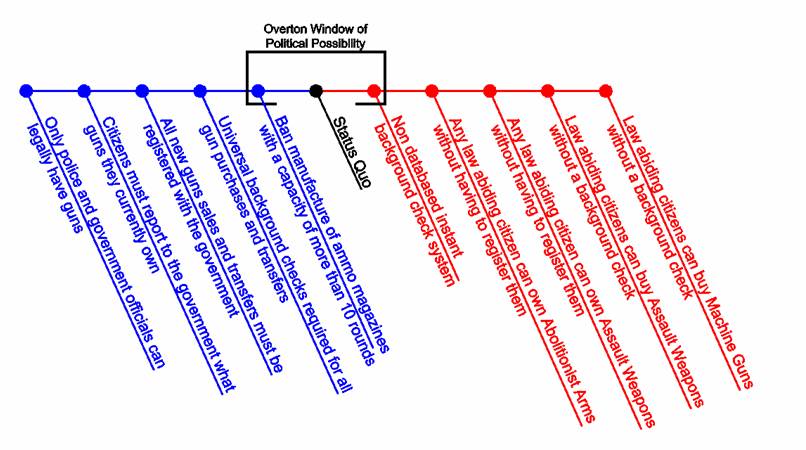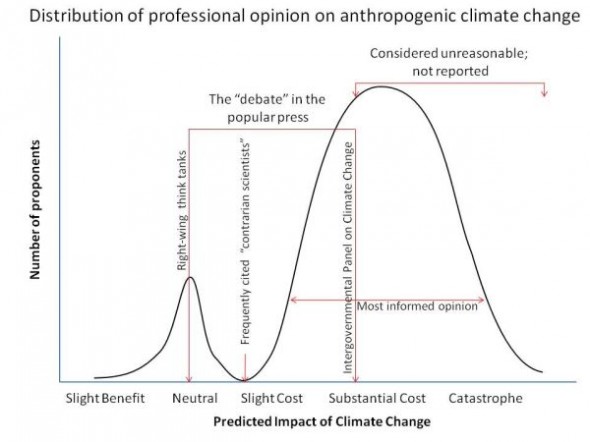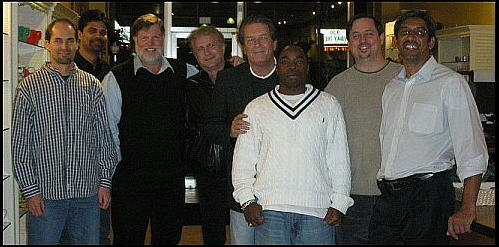 It is a new year, plenty of self-help and inspirational stories are available and the resolutions we have all made that will last about another week or two. And some are based on some inspirational thoughts from Einstein to Aristotle to Jobs, and more. Of course others are less revealing and downright confusing or just plain silly. We all struggle with this (what is real and what is just fluff) from time to time.
It is a new year, plenty of self-help and inspirational stories are available and the resolutions we have all made that will last about another week or two. And some are based on some inspirational thoughts from Einstein to Aristotle to Jobs, and more. Of course others are less revealing and downright confusing or just plain silly. We all struggle with this (what is real and what is just fluff) from time to time.
And then it happens. While pulling down the lights and placing the holiday decorations back in their boxes your child comes to you and asks you what to do, how to succeed where others have not and what is the difference between success and everything else. What? So, how to respond? This is serious business, no time to make light of the circumstances or blow off another conversation that always seems to end unresolved. My child is seeking knowledge and I’m now committed to deliver something worthwhile. He really wants to know. Even with all the chaos around us.
And this is where it gets interesting. I try with a simple exposition on focus and it’s importance to everything worthwhile in life. Then I get the inevitable follow-up. What is focus? And then it hits me in an unplanned moment of clarity I can’t explain. Focus means you have to do the hard things. Doing what no one else is doing. Maybe doing what scares you. The things that make you wonder how much longer you can hold on. Those are the things that define you. Those are the things that make the difference between living a life of mediocrity or outrageous success. Pressed for more, I have to respond with the following:
- Make the call you’re afraid to make.
- Get up earlier than you want to get up.
- Give more than you get in return right away always. Care more about others than they care about you.
- Feel unsure and insecure when playing it safe seems smarter – it will all be work out.
- You have to lead when no one else is following you yet.
- Invest in yourself even though no one else is – what do they know?
- Prepare to look like a fool while you’re looking for answers you don’t have.
- Deliver results when making excuses is an option – this is really not an option.
- Search for your own explanations even when you’re told to accept the “facts.”
- Make mistakes and look like an idiot – this is not the end of the world.
- Try and fail and try again. Fail forward…
- Be kind to people who have been cruel to you – they don’t know any better.
- Be accountable for your actions even when things go wrong.
 The hard things are the easiest things to avoid. To pretend like they don’t apply to you is just not true. The simple truth about how ordinary people like us is to accomplish outrageous feats of success is to do the hard things that smarter, more qualified people don’t have the courage — or desperation — to do. And perhaps the most poignant expression we can learn from Steve Jobs:
The hard things are the easiest things to avoid. To pretend like they don’t apply to you is just not true. The simple truth about how ordinary people like us is to accomplish outrageous feats of success is to do the hard things that smarter, more qualified people don’t have the courage — or desperation — to do. And perhaps the most poignant expression we can learn from Steve Jobs:
“Remembering that I’ll be dead soon is the most important tool I’ve ever encountered to help me make the big choices in life. Because almost everything — all external expectations, all pride, all fear of embarrassment or failure – these things just fall away in the face of death, leaving only what is truly important.”
Yes this is true, now everything is packed away carefully for next year and to my son I can only hope I have passed the audition; and you have come to realize something for yourself reading this.




